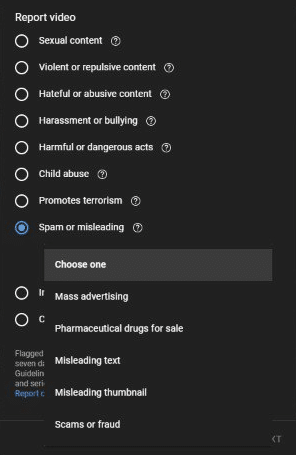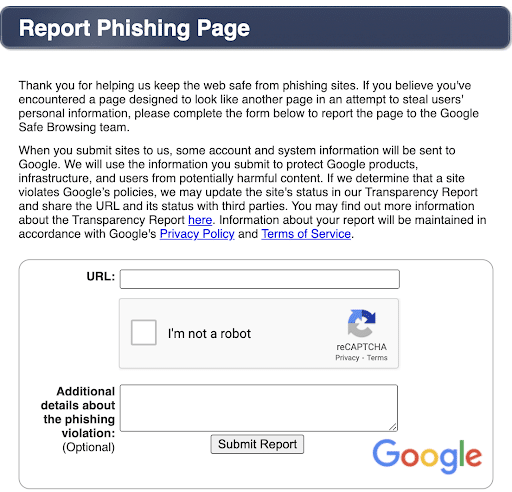The world of crypto has always been plagued by scams. Insiders have been taking advantage of the industry since its inception, and it’s enough to take a look around BitcoinTalk to find evidence of unfortunate episodes.
How to stay safe from Bitcoin scams
When Bitcoin was still something extremely niche, the BitcoinTalk forum was already a community hub. This is where many of those who saw Bitcoin as a money-making opportunity through scams started to make their way in.
It is curious to see how at the time people were losing a few Bitcoin that equated to only a few hundred dollars. Today, however, those same BTC stolen under false pretences are worth a fortune.
And yet, even back then, various tips on how to protect oneself against scam attempts were posted via forums.
How to protect yourself against scams
In order to avoid losing your money, be it dollars, euros or cryptocurrencies, there are a few things you can do that will always apply:
- Know the person you are doing the deal or investment with;
- Be wary of newly opened profiles/accounts.
- Be wary of people who promise to give away money or things (devices or crypto giveaways).
Over the years, scam attempts have become very sophisticated. They can be indicated as:
- Phishing attempts, with emails that look benign on the surface, and are actually designed to steal data from users;
- Malware, hidden inside apps or attachments, are downloaded by the unfortunate user who installs them on his device, with disastrous consequences;
- Ransomware: particular types of malware that lock the device and demand a ransom in cryptocurrency;
- Fake identity: typical of YouTube or Twitter, where fraudsters pretend to be important people or well-known channels and promise giveaways. The cases involving Ripple and Steve Wozniak are famous, and they have had to take legal action to protect themselves.
In such cases, protecting oneself may not be easy. But the rules mentioned above also apply in these situations.
Reporting crypto scams
What many people ignore is that those who come across scams on the web also have several ways of reporting them. It is always a good idea to do so, to prevent other users from falling victim to scams, and ultimately, to make the web a safer place.
Reporting scams on YouTube
For example, for Youtube videos promoting fake giveaways or pretending to be other users or channels, there is a special form. Just click on the three dots that are usually found under the video where you can see the option report.
At this point, a form opens where you can indicate the reason for the report, including the option spam or misleading. Selecting it opens a sub-menu where you can choose from other options to help the Youtube team identify the problem.

It is at this point that Youtube allows the user to report whether they are dealing with a scam, fraud, or misleading content. You can also add other information in a special box.
The YouTube team is committed to assessing reports within 24 hours and will remove any videos deemed to be misleading or in breach of standards.
Reporting scams on Google
Google also allows users to report deceptive sites appearing in their search feeds. The website safebrowsing.google.com provides a report section in the footer dedicated to malware, phishing and phishing error. By opening the phishing section, for instance, Google allows the user to report the suspicious site, also indicating the reasons.

Governmental agencies
And then there are the governmental agencies. The US FTC, the UK Action Fraud, and Australia’s ASIC have special online forms where users can report scams.
Bottom line
Scams have been and still are the dark side of cryptocurrencies. They are also the reason why governments are turning their attention to the sector, seeking regulation to protect consumers.
But no regulation can ever protect investors from themselves: so it is always a good idea, before investing, to make sure you know what you are doing, study the project, analyze the profile of the counterparty, and take all the necessary precautions to ensure that your investments are safe. And above all, never believe anyone who promises easy returns in a short time.
The post Crypto scams: how to recognize and report them appeared first on The Cryptonomist.




















